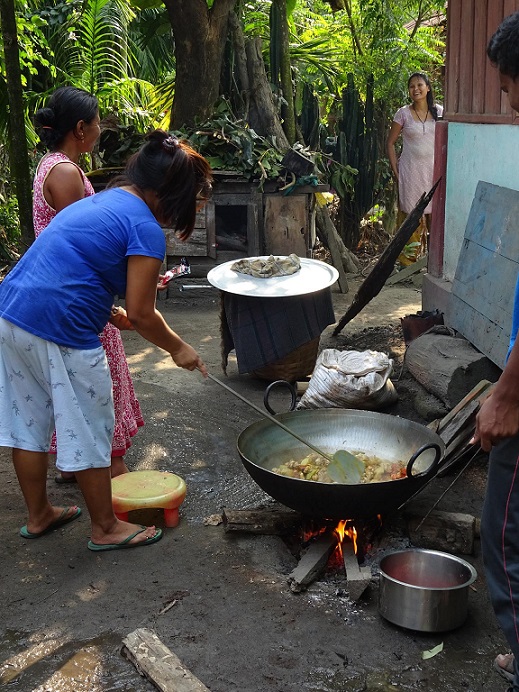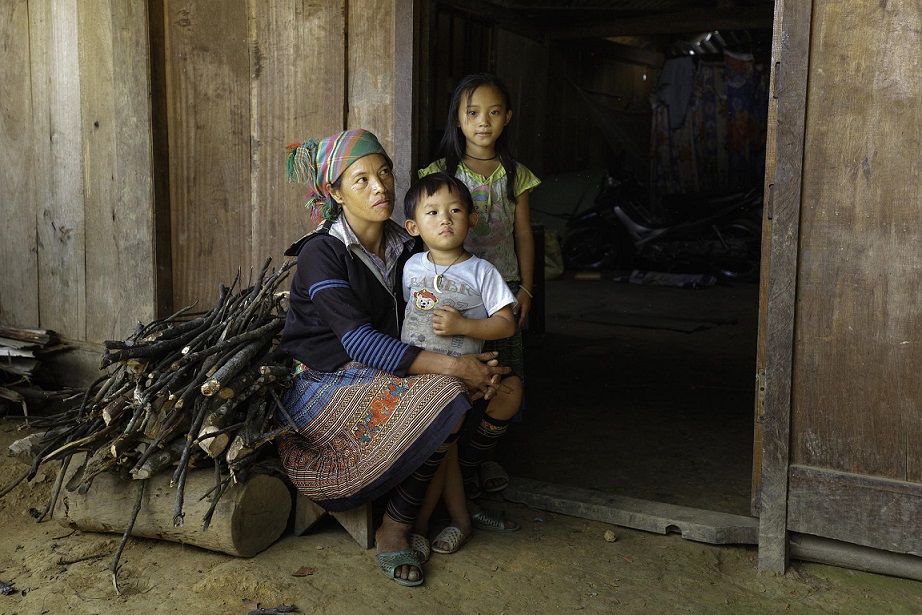Most of them suffer from a lack of access to and remuneration for care, political polarisation and gender-based violence. Moreover, 118 million of them work in the informal economy and close to four thousand die each year just because of their condition. The financial crisis, inequality and the lack of investment in public policies have a devastating impact on them.
 Elizabeth Borrego
Elizabeth Borrego
The above panorama was reported by the United Nations agency for gender equality. The regional Director-General of UN Women, María-Noel Vaeza, states that this section of the population suffers the double impact of structural problems such as the economy, the scarcity of investment and the consequences of the pandemic.
She explains that the region “has problems with all the Sustainable Development Goals”, largely because of the ravages of Covid-19 and the economy’s structural conditions.
UN Women’s concern coincides with warnings in the recently published Human Development Index (HDI) report of a slow recovery for development in Latin America.
The HDI, calculated by the UN Development Programme, ranks countries by life expectancy, education (literacy rate, gross rate of enrolment at different levels and net attendance) and per capita income indicators.
According to its most recent update, the region recovered rapidly in 2022 but at a lower level than that expected given its trend before the pandemic. The report considers it important to pay attention to how societies that are resilient to these shocks, where human development’s growth trajectory is not changed, are constructed.
Vaeza explains that the context is much more complex due to the feminisation of poverty in the wake of the pandemic and highlights the impact of polarisation, the high number of displaced women, violence and the reduction in democratic spaces.
 In addition, there is a growing number of organisations which attack women’s rights and lash out against human rights defenders and environmental activists.
In addition, there is a growing number of organisations which attack women’s rights and lash out against human rights defenders and environmental activists.
“Our region is the most dangerous in the world to be a defender of human rights and equality. There we have a big topic”, Vaeza says.
At the same time, the lack of access to credit hinders the expansion of ventures led by women along with the creation of employment and businesses, an enormous barrier which, according to Vaeza, feminises poverty even further. In parallel, the entrenched norms of unremunerated work also put women, who carry out three or four times more unremunerated work than men, at a disadvantage.
“At UN Women we want unremunerated work to be recognised through the creation of public, private and community integrated care systems, and for the concept of a caring society to be created”, she adds.
As part of these efforts, the regional body, along with over 200 organisations and three governments, applied to the Inter-American Court of Human Rights to have the concept of care made a human right. Care – caring and being cared for – is a constant in life, the Director-General explained to Prensa Latina.
 Solutions to gender issues
Solutions to gender issues
Without easy solutions, the United Nations proposals to tackle this scenario include accelerating the journey towards equality with emphasis on the creation of care systems and access to credit.
The organisation’s main step forward is the commitment agreed at the regional conference held in Buenos Aires to establish the aspiration of equality, universality and the promotion of social equality of gender between men and women.
With this aim, the United Nations agency continues to work in over 15 countries on the design and implementation of care systems from a human rights perspective with an emphasis on the most discriminated against sectors of the population such as indigenous peoples, people of African descent and the disabled.
This would have a double effect with the promotion, on the one hand, of more employment in the care industry while, on the other hand, women who previously took responsibility for these tasks would be able to go to work, outlined Vaeza.
 Other solutions require governments to increase taxation to allow greater investment in social sectors in a region where the tax burden is insufficient to meet urgent needs.
Other solutions require governments to increase taxation to allow greater investment in social sectors in a region where the tax burden is insufficient to meet urgent needs.
Investment in science and technology would also allow improvements in productivity and access to employment for Latin American women with sustainable financing.
Another step forward is the recognition of the institutionality of gender with the recent creation of ministries in different countries on the continent such as Panama, Colombia and Ecuador. “We are half the population, so we need to be in the economy, in the macroeconomy, to think about women, invest in gender and insist that we are present”, Vaeza concludes. PL
(Translated by Philip Walker – Email: philipwalkertranslation@gmail.com) – Photos: Pixabay












.jpg)












